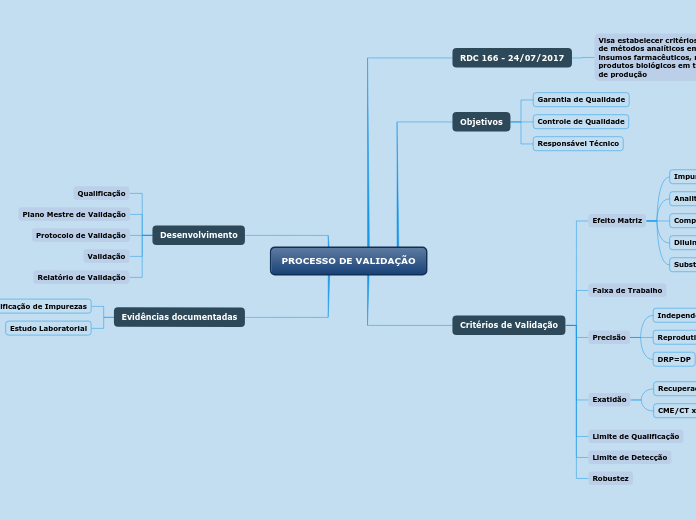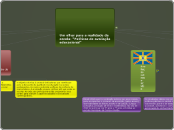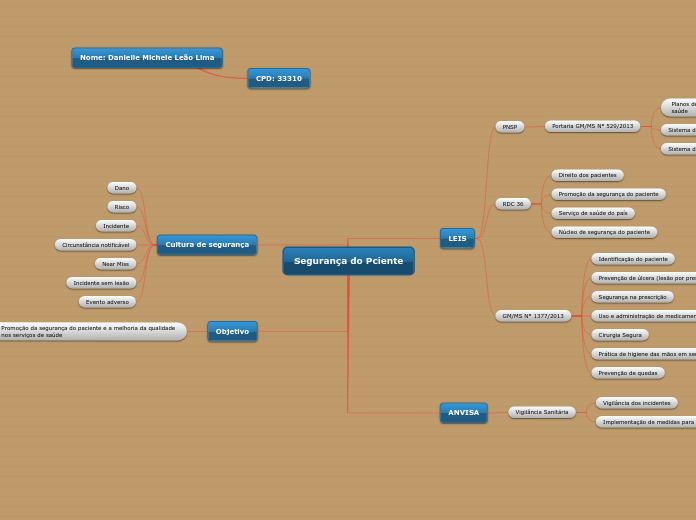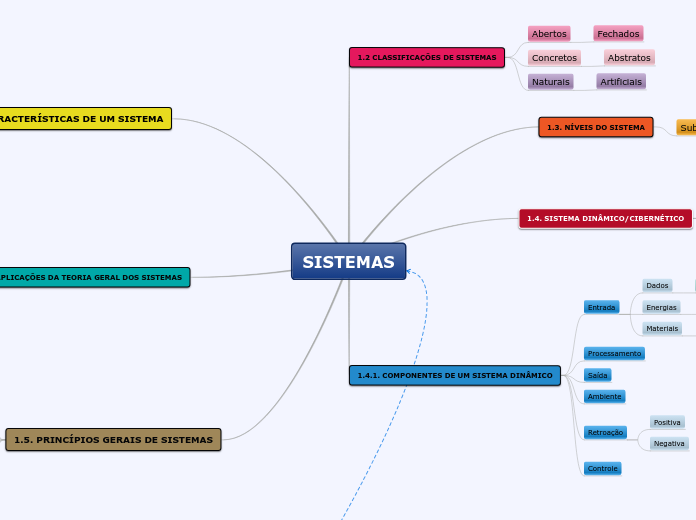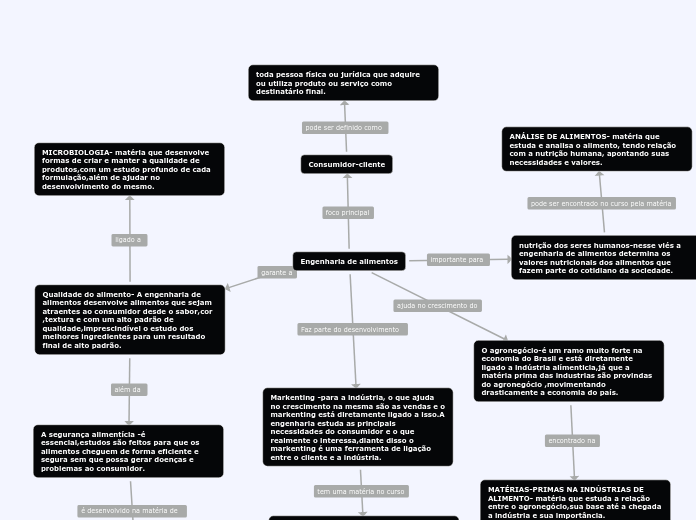PROCESSO DE VALIDAÇÃO
Marine life, sea life or ocean life, is represented by the plants, animals and other organisms that live in the saltwater of the sea or ocean, or the brackish water of coastal estuaries.
At a fundamental level, marine life affects the nature of the planet. Marine organisms produce oxygen and sequester carbon.
Evidências documentadas
Marine invertebrates lack a vertebral column, and some have evolved a shell or a hard exoskeleton. Some of them can collect bacterias or even absorb harmful components. For instance, sea sponges are able to take in the excess amount of ammonium in the ocean water.
They have more than 10,000 species, name a few that are the most common.
Estudo Laboratorial
Quantificação de Impurezas
Desenvolvimento
A coral reef is an underwater ecosystem characterized by reef-building corals. Reefs are formed of colonies of coral polyps held together by calcium carbonate. Most coral reefs are built from stony corals, whose polyps cluster in groups.
The 3 main types of reef are: atoll, barrier reefs, fringing reefs.
Write down their characteristics as well as the importance of the reefs
Relatório de Validação
Validação
Protocolo de Validação
Plano Mestre de Validação
Coral reefs are important for many different reasons aside from supposedly containing the most diverse ecosystems on the planet.
Qualificação
- Where are fringing reefs found?
- How is it formed?
- What animals live in fringing reefs?
Critérios de Validação
Marine mammals are aquatic mammals that rely on the ocean and other marine ecosystems for their existence.
They include animals such as seals, whales, manatees, sea otters, and polar bears. They are an informal group, unified only by their reliance on marine environments for feeding.
Robustez
Limite de Detecção
Limite de Qualificação
Exatidão
CME/CT x 100
Recuperação
Precisão
DRP=DP
Reprodutividade
Independente
Faixa de Trabalho
Efeito Matriz
Substância Química de Referência
Diluintes
Componentes da Matriz
Analito
Impurezas
Objetivos
Seabirds are birds that are adapted to life within the marine environment. While seabirds vary greatly in lifestyle, behavior, and physiology, they often exhibit striking convergent evolution, as the same environmental problems and feeding niches have resulted in similar adaptations.
Name a few of bird species who live at sea or at the seaside:
Responsável Técnico
Controle de Qualidade
Garantia de Qualidade
RDC 166 - 24/07/2017
Currently, of the approximately 12,000 extant reptile species and subspecies, only about 100 are classed as marine reptiles: extant marine reptiles include marine iguanas, sea snakes, sea turtles and saltwater crocodiles.
Visa estabelecer critérios para a validação de métodos analíticos empregados em insumos farmacêuticos, medicamentos e produtos biológicos em todas as suas fases de produção
